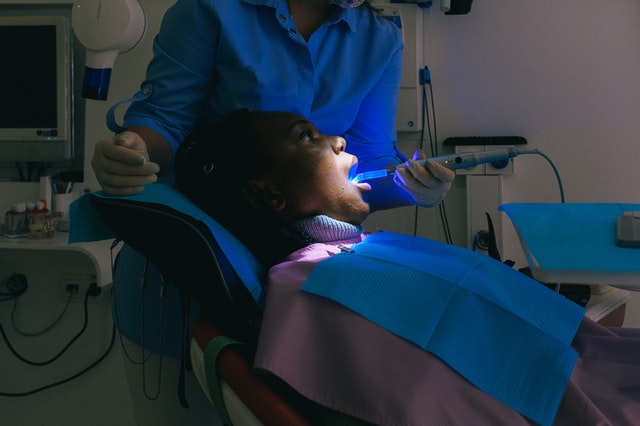
Cavities are a common phenomenon for many people. Thankfully, cavity fillings are accessible and affordable and bring less pain compared to other dental procedures. However, it is still possible to feel some sensitivity after getting a cavity filling.
Let us look into the possible reasons behind this sensitivity and what you can do to alleviate the pain.
Pain after a Cavity Filling
Experiencing pain after getting a cavity filled is entirely normal, but the extent of it will depend on various factors and vary from person to person. If you develop aches after this procedure, at least one of the following may be the reason:
- You are suffering from gingivitis or a periodontal condition.
- You have an untreated tooth infection.
- You have a tooth-crowding problem.
- You have sensitive teeth.
Why Cavities Are Painful
A cavity is a hole or a site of decay within your tooth. It forms over time and is the result of poor dental hygiene and excessive sugar consumption. Cavities slowly affect other inner parts of that tooth and its nerve, and this is when they may start becoming painful.
But why do you feel pain even after getting a cavity filled? Pain after this procedure is typically the result of pressure change. The part of your tooth decayed by bacteria is replaced by hard filling, which drastically changes the movement of air and saliva inside your mouth. Fortunately, the ache you feel post-filling should go away after a few weeks.
What to Expect During a Filling
The hard filling used in this procedure aims to cover the missing enamel corroded by the cavity’s bacteria. Some popular filling materials are:
- Composite resin
- Glass ionomer
- Gold
- Porcelain
- Silver
Gold, porcelain, and silver fillings are typically more expensive, while composite resin is best suited for patients who prefer a more affordable option.
Before filling, your dentist will apply an ointment along your gum line and thoroughly clean the tooth to be filled. This step is vital to prevent further infection and decay on your tooth. Then, the hole will be filled with your chosen material.
This entire process is not supposed to be painful, but it is also normal to feel a little pressure while the filling is being administered.
Pain Relief after a Cavity Filling
Although you should not expect intense pain, it’s still possible to feel aches that may distract you from your daily activities. Effective home remedies and treatments for this pain are the following:
- Analgesic ointment
- A cold compress on your cheek or jaw
- Avoiding cold and hot foods
- Over-the-counter pain medicine
- Toothpaste for gum or tooth sensitivity
Nonsteroidal anti-inflammatory drugs (NSAIDs), such as aspirin and ibuprofen, can have dangerous side effects for people with liver conditions, so make sure to let your dentist know about any chronic conditions before they give you a prescription.
If the pain worsens or persists for more than a week, we recommend contacting your dentist and scheduling an appointment immediately. Prolonged pain is not normal and may be the result of a serious underlying issue.
Conclusion
To avoid experiencing pain post-filling, the best measure is to prevent developing another cavity in the future. As much as possible, watch what you eat and control your sugar intake. In addition, diligently maintain good dental hygiene and make sure that your teeth are thoroughly cleaned. Regular visits to your dentist are also crucial in taking care of your teeth.
If you are looking for a dentist in Mansfield, TX, contact Ivy Rose DDS. We offer dental cleanings, bridges, crowns, implants, and many more procedures you may need. Book an appointment today!

